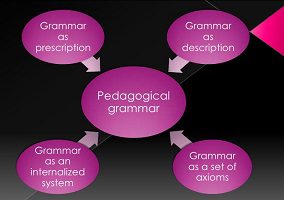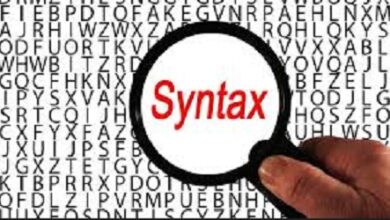Predicate in English grammar with examples
Predicted in English
The predicate is the part of the sentence that expresses its main content – that which is the subject of affirmation, denial, or question. Here we will make you understand the predicate in English grammar along with examples.
The predicate can be simple or compound. Compound predicates, in turn, are divided into nominal and verb.
A simple predicate in English is expressed by a personal verb of any tense, voice, and mood.
They are sleeping.
(in this case, the verb consists of two words, but it is also considered a simple predicate since both of its constituents represent one verb form)
Compound verb predicate in English
A compound verb predicate consists of a personal verb and an infinitive or gerund.
The infinitive or gerund expresses the main action, and the verb in its personal form clarifies it:
I want to dance.
Modal verbs or verbs that express the beginning, continuation, or end of action, as well as the attitude of the actor towards it ( to begin, to start, to continue, to want, to decide, to intend, and others) can be used as a verb in personal form.
The compound nominal predicate in English
A compound nominal predicate consists of a linking verb to be (or verbs to become, to grow, to get, to turn ) and a nominal part indicating the quality of the subject:
We are professionals.
The noun part can be expressed by a noun, pronoun, adjective, participle, infinitive, or gerund.
Coordination of predicate and subject
The English predicate agrees with the subject in person and number:
If the subject is expressed by an indefinite pronoun, an interrogative pronoun who or what, a gerund, or an infinitive, then the verb is used in the singular.
Nobody listens to me.
Who broke my vase?
If the subject is expressed by a collective noun ( family, police, committee, etc.), then if it denotes a group as something single, the predicate is used in the singular:
Our family is very friendly.
The committee will hold two meetings today.
If you mean specific members of the group, then the predicate is used in the plural.

